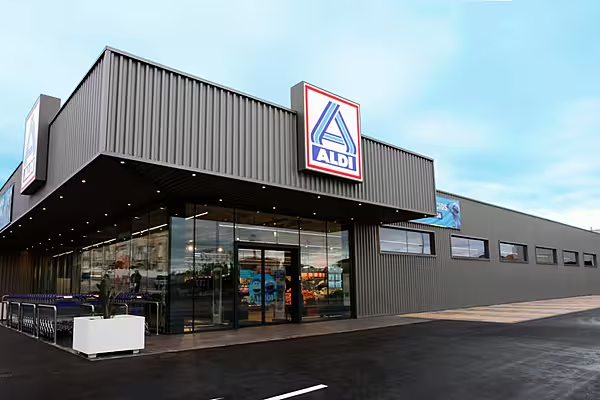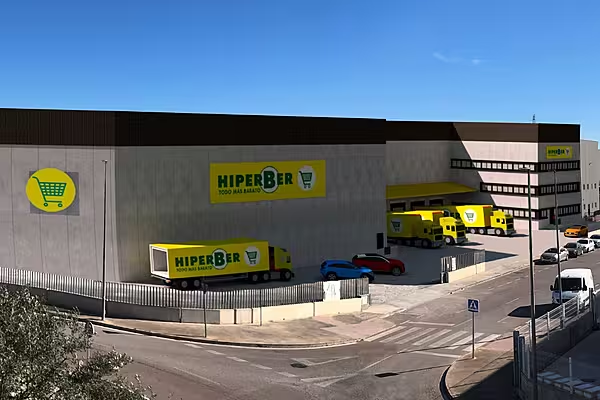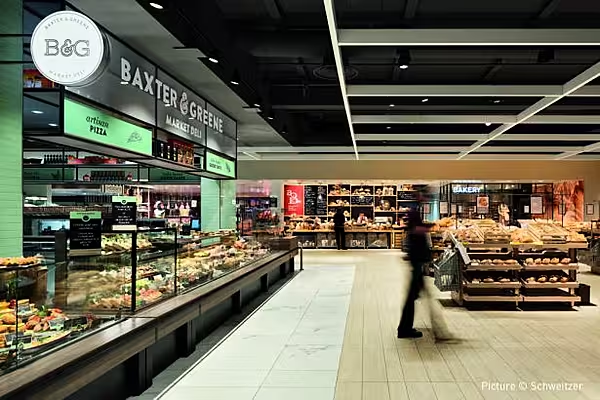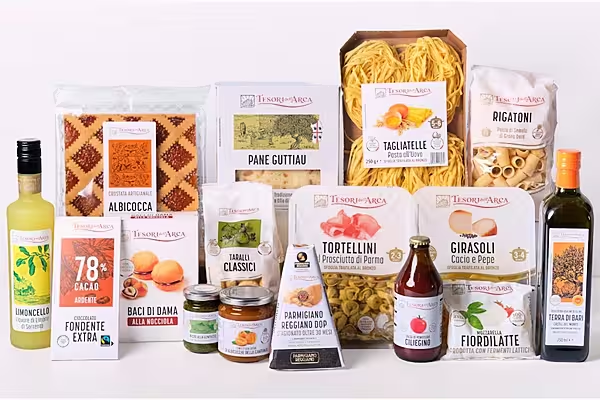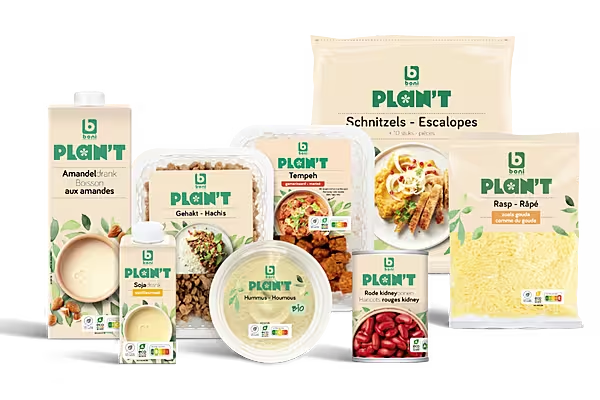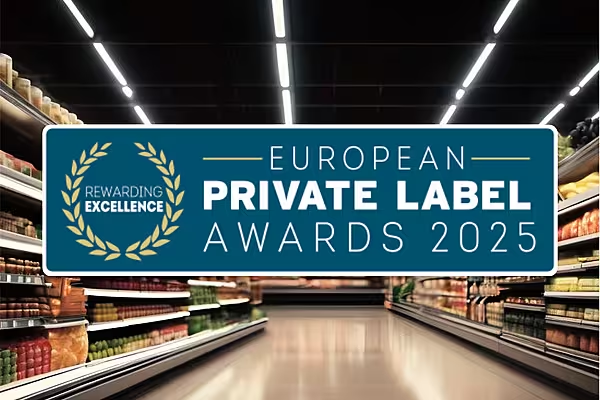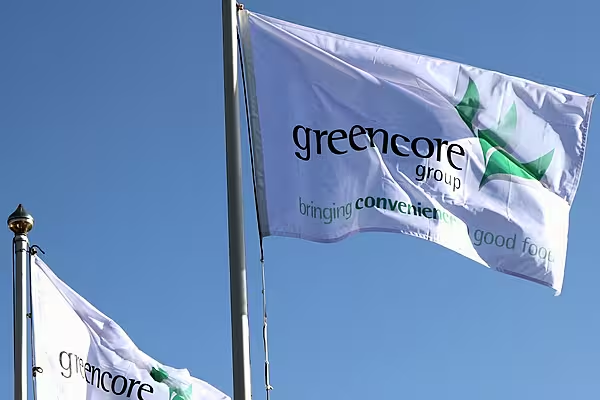Demand for private-label products is on the rise, with 50% of global consumers buying more private-label products than ever before, according to a study by NielsenIQ.
In its Mid-Year Consumer Outlook: Guide to 2025 report, the consumer intelligence company revealed that millennial and Gen Z consumers are experiencing a considerable perception shift towards private-label products.
Here are the top five trends shaping private-label products in 2025.
1. Popularity With Millennials, Gen Z
According to the NIQ survey, twice as many millennial (46%) and Gen Z (46%) respondents said that they were willing to spend more on private-label products than the 23% of boomer respondents, who said that they wouldn’t.
With Gen Z’s spending power projected to grow to an estimated $12 trillion (€11.6 trillion) by 2030, this cohort will be a key focus for both retailers and manufacturers, going ahead.
2. Delivering Unique Value Propositions
Shoppers are increasingly finding unique value in the private-label products that they are buying.
According to NIQ’s Retail Measurement Services data from the second quarter of 2024, private labels delivered value sales growth of 5.6% over a 12-month period.
While Middle East/Africa (+34.3%) and Latin America (+14.2%) showed the fastest growth, the global value share also grew during this period.
3. AI And Leveraging Data Analytics
Brands are also leveraging advanced data analytics to understand consumer preferences and predict market trends. This helps in optimising product assortments while ensuring that private-label offerings remain competitive.
Additionally, the use of artificial intelligence and machine learning in supply chain management is enabling brands to deliver high-quality products at affordable prices by streamlining operations, reducing costs, and improving efficiency.
4. Changing The Definition Of ‘Discount’
Consumers view their definition of ‘discount’ in an entirely new light, says Lauren Fernandes, vice-president of global thought leadership at NIQ, adding that the playing field has been levelled, in many respects, for both private labels and name brands.
“Companies that recognise the democratisation of the playing field are leaning harder into earning consumer dollars by delivering more. Today, consumers are not only intrigued by, but have come to expect, a hybrid approach to delivering value for money.
“If you’re still asking yourself if your customer expects you to deliver quality, innovation, sustainability, availability, etc., the answer is yes to all of the above,” says Fernandes.
5. Investment In Omnichannel Experience
A growing number of shoppers are using mobile shopping sites to research products while shopping in store.
Realising the potential of optimising product pages, retailers have started accelerating their omnichannel presence via investments in the private-label experience on the digital shelf.
In a bid to cater to the diverse preferences and shopping behaviours of consumers, private-label brands are working towards seamless integration across channels, ensuring consistency in product availability, pricing and promotions across online platforms, mobile apps, and in stores.

